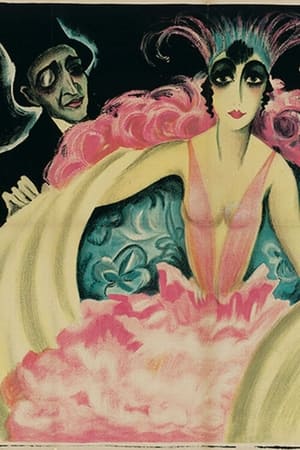Musste Weimar scheitern?

Musste Weimar scheitern?
HomePage
Overview
"Weimar" was the first democracy on German soil. It was a new beginning full of emotion and hope - in difficult times. Weimar is often viewed from the end, from its downfall under National Socialism. Yet it was a great new beginning. The Germans dared to embrace democracy. A documentary as a lively discussion about Weimar. What can Weimar teach us today?
Release Date
2019-06-25
Average
0
Rating:
0.0 startsTagline
Genres
Languages:
DeutschKeywords
Similar Movies
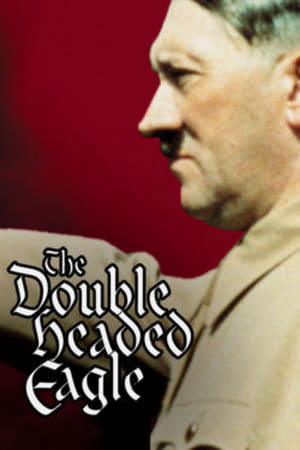 8.0
8.0Double Headed Eagle: Hitler's Rise to Power 1918-1933(en)
Presents a unique and disturbing look at the rise of the Nazi party. The documentary, directed by Lutz Becker, attempts to remain as objective as possible, serving as a neutral observer of the years 1918 through 1933 in Germany. Via newsreel footage and clips of features from the era, the film offers a kaleidoscopic view of the many elements that fueled the rise of the Socialist Nationalist Party, including post-WWI poverty. Hitler occupies a central place in the documentary.
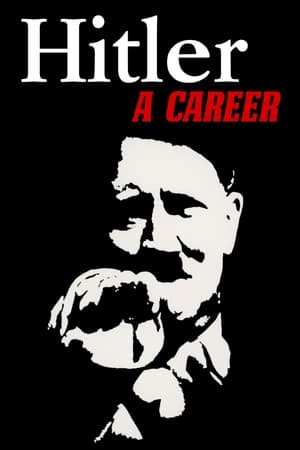 7.4
7.4Hitler: A Career(de)
A keen chronicle of the unlikely rise to power of Adolf Hitler (1889-1945) and a dissection of the Third Reich (1933-1945), but also an analysis of mass psychology and how the desperate crowd can be deceived and shepherded to the slaughterhouse.
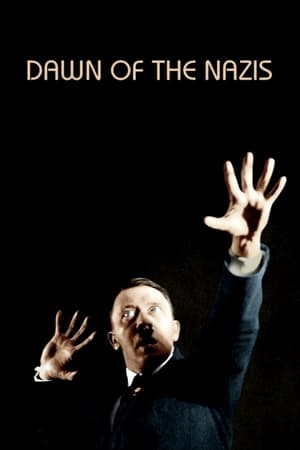 6.0
6.0Dawn of the Nazis(en)
How Germany was when its people entered the nightmare of World War II? Despair and fear lead a hungry population to follow the chilling call of just one man to world domination. A real-life horror story, an ominous tale of violence and deception, which takes place from 1919 to 1934. (Entirely made up of restored, colorized archival footage.)
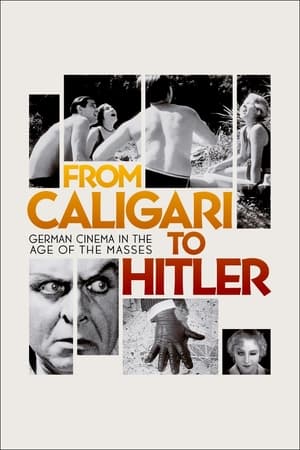 7.4
7.4From Caligari to Hitler(de)
Film journalist and critic Rüdiger Suchsland examines German cinema from 1919, when the Republic of Weimar is born, to 1933, when the Nazis come into power. (Followed by Hitler's Hollywood, 2017.)
 4.5
4.5100 Years of the UFA(de)
The intricate history of UFA, a film production company founded in 1917 that has survived the Weimar Republic, the Nazi regime, the Adenauer era and the many and tumultuous events of contemporary Germany, and has always been the epicenter of the German film industry.
 6.7
6.7Caligari: When Horror Came to Cinema(de)
On February 26, 1920, Robert Wiene's world-famous film The Cabinet of Dr. Caligari premiered at the Marmorhaus in Berlin. To this day, it is considered a manifesto of German expressionism; a legend of cinema and a key work to understand the nature of the Weimar Republic and the constant political turmoil in which a divided society lived after the end of the First World War.
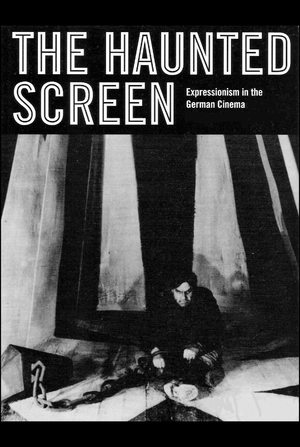 0.0
0.0The Haunted Screen: German Film After World War I(en)
In this film essay, critic Peter Buchka explores the German cinema of the 1920s, ranging from the disquieting images of Fritz Lang's Metropolis to the castrating sexuality of Marlene Dietrich in Die Blaue Engel. The program provides an introduction to Weimar cinema, with Buchka's essay narrated over the images from film clips of 1920s era German films.
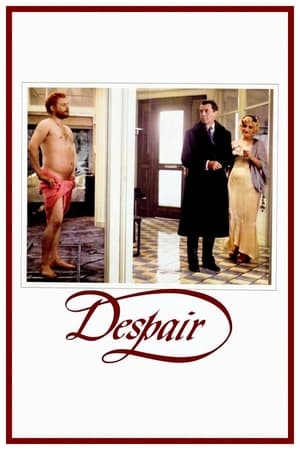 6.5
6.5Despair(en)
Berlin, 1930, during the rise of Nazism. Hermann Hermann, a Russian emigrant and chocolate manufacturer, married to the capricious Lydia, loses his temper more and more every day when dealing with his workers and other businessmen; until he meets Felix, a vagrant, who seems to be physically identical to him; a disconcerting fact that leads Hermann Hermann to plot a particular way out of a fake world he actually hates.
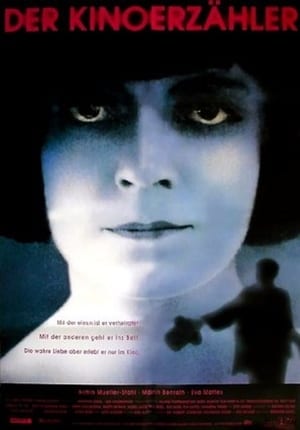 0.0
0.0The Film Narrator(de)
Germany in the Thirties. A movie teller realizes that his profession is not longer needed. Silent movies are not produced any longer. Telling stories is the only thing the man was ever good in, so he does not know what to do now. As political circumstances are changing dramatically these days in Germany, he gets new hope that things will again be going better for him...
 6.9
6.9Kuhle Wampe or Who Owns the World?(de)
Kuhle Wampe takes place in early-1930s Berlin. The film begins with a montage of newspaper headlines describing steadily-rising unemployment figures. This is followed by scenes of a young man looking for work in the city and the family discussing the unpaid back rent. The young man, brother of the protagonist Anni, removes his wristwatch and throws himself from a window out of despair. Shortly thereafter his family is evicted from their apartment. Now homeless, the family moves into a garden colony of sorts with the name “Kuhle Wampe.”
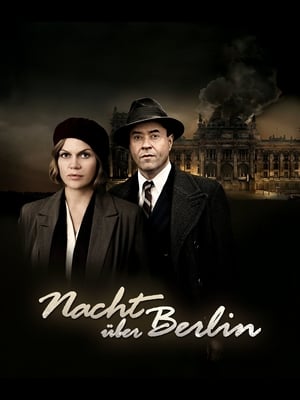 7.0
7.0Nacht über Berlin(de)
Berlin, 1932. The Weimar Republic is torn apart in the struggle between right- and left-wing extremists and Berlin is a powder keg. Nightclub singer Henny Dalgow get to know the Social Democratic congressman and Jewish doctor Albert Goldman, and the two become a slightly odd couple. Albert is a sworn pacifist after his experiences in the First World War. Contrary to his beliefs he agrees to act as courier for his brother Edwin, who belongs to a radical communist cell.
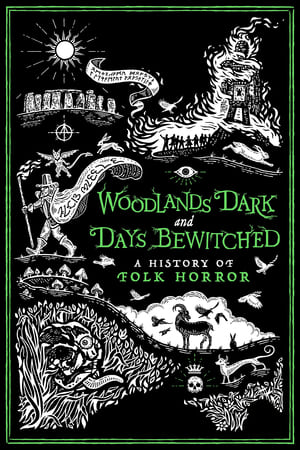 7.4
7.4Woodlands Dark and Days Bewitched: A History of Folk Horror(en)
An exploration of the cinematic history of the folk horror, from its beginnings in the UK in the late sixties; through its proliferation on British television in the seventies and its many manifestations, culturally specific, in other countries; to its resurgence in the last decade.
 7.6
7.6Machine Gun Kelly's Life In Pink(en)
An in-depth look at the dramatic highs and lows of an artist chasing music's top spot while tackling noise from the outside world, stardom, fatherhood and more. From creating his platinum-selling, Billboard No. 1 album “Tickets to My Downfall,” to his most recent No. 1 studio album, “Mainstream Sellout,” this is an all-access pass, that goes beyond the headlines, into the chaotic world of Machine Gun Kelly.
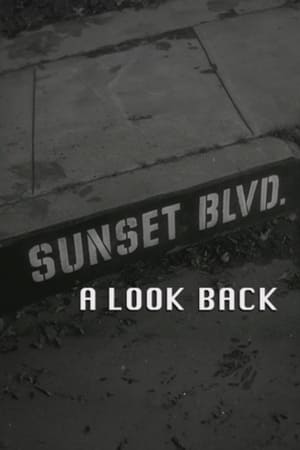 8.0
8.0Sunset Boulevard: A Look Back(en)
Film critics, actors, film historians and other personalities share their experiences and curious stories on the acclaimed Billy Wilder's masterpiece "Sunset Blvd."; its cultural importance by being one of the most iconic and revolutionary films ever made and a picture that still stands the test of time.
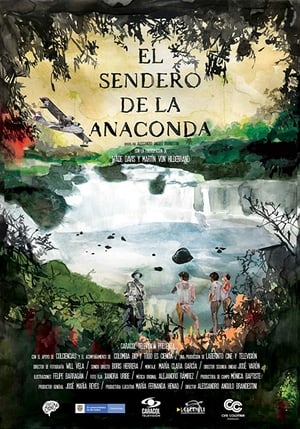 6.3
6.3El Sendero de la Anaconda(es)
In the most remote areas of the Amazon rainforest, a writer and his anthropologist friend find communities that have resisted change for centuries.
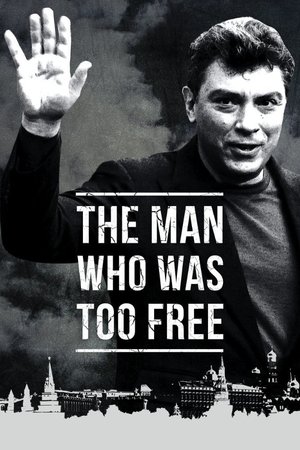 6.5
6.5The Man Who Was Too Free(ru)
A documentary about Boris Nemtsov, a prominent figure of Russian political opposition and an outspoken critic of Vladimir Putin. Nemtsov was murdered in Moscow in February of 2015.
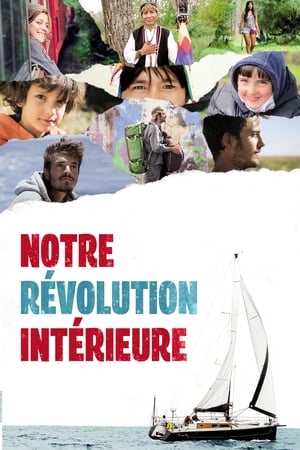 9.0
9.0Inner Revolution(fr)
Life is a great mystery, much larger than what would have us believe. By listening desires of their discoveries and their inner doubts, three young decided to start a trip on the surface of the Earth.
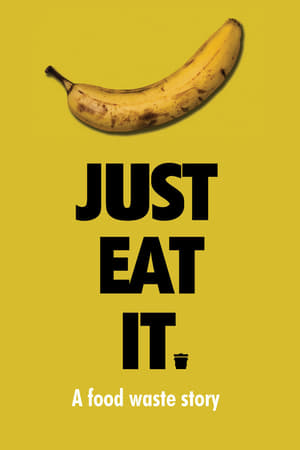 6.8
6.8Just Eat It: A Food Waste Story(en)
We all love food. As a society, we devour countless cooking shows, culinary magazines and foodie blogs. So how could we possibly be throwing nearly 50% of it in the trash? Filmmakers and food lovers Jen and Grant dive into the issue of waste from farm, through retail, all the way to the back of their own fridge. After catching a glimpse of the billions of dollars of good food that is tossed each year in North America, they pledge to quit grocery shopping and survive only on discarded food. What they find is truly shocking.
